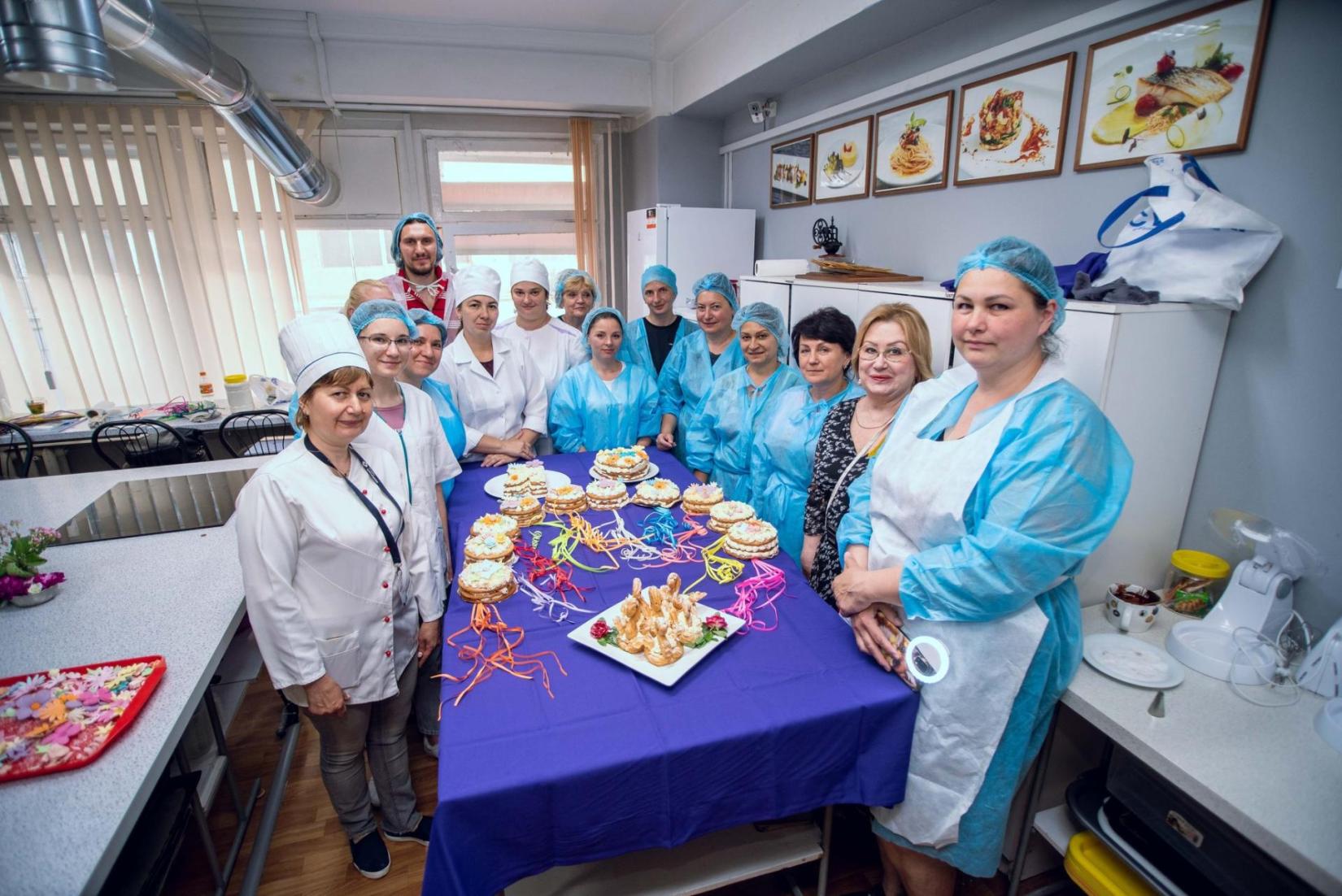UNDP supports socio-economic inclusion of refugees from Ukraine in Moldovan society and economy
21 July 2022
- More than 50 refugees from Ukraine temporarily accommodated in Moldova have enrolled in vocational training courses.

UNDP is allocating $500,000 to support the socio-economic inclusion of refugees from Ukraine and development of host communities accommodating people fleeing the war.
The funds will be used for UNDP’s work, in partnership with the Congress of Local Authorities from Moldova (CALM), to strengthen the capacities of national and local authorities to manage their response and develop protocols and guidelines on refugees’ support.
UNDP’s and partners’ assistance is informed by several needs assessments. In collaboration with the UN Refugee Agency, the International Organization for Migration and CALM, UNDP surveyed 492 municipalities, representing more than half of local public authorities: 86% of them confirmed having provided support to refugees, namely food packages (68%), meals (36%), clothing and hygiene products, while more than a third mayoralties facilitated the placement of refugee children in kindergartens (37%) or schools (34%). When asked what would be needed to further support refugees, respondents mentioned IT equipment for e-learning (48%), facilitation of employment (45%), healthcare (36%) and others.
At the same time, a survey of refugees’ socio-inclusion needs was conducted in partnership with Orange and the Government of Moldova. 37% of 800 participants at the study note they are looking for a job, most solicited domains being: community and social services, hotel & restaurants, sales, education, ICT.
“Moldova is affected by multiple crisis: the substantial increase in energy prices and risks for the energy security, high inflation, COVID-19 and the refugees’ inflow due to the war in the neighboring Ukraine. With 3% of Moldova’s population as refugees, there is a need to alleviate the multiple socioeconomic pressures, enhance livelihoods, and ensure their inclusion in the economy.” Dima Al-Khatib, UNDP Resident Representative to the Republic of Moldova
UNDP will support several host communities in expanding access to local public services, with a focus on water and sanitation, education, healthcare, social infrastructure, and care services.
UNDP also facilitates access to training and job opportunities to both refugees and host communities, in partnership with the National Employment Agency, the Bureau for Migration and Asylum, the Ministry of Education. Intensive courses last up to two months, depending on the chosen field and are free of charge. Thanks to the support of UNDP Moldova, refugees also benefit from a one-time $115 scholarship.
“I enjoy cooking and have my own food tasters at home [my family]. But given the situation in my country, I don't know what will happen next. I want to return home, but I don't know if I'll be able to continue working as a teacher and if I'll still have a job. If the opportunity arises, I will be a cook,” says Ecaterina, a refugee taking vocational courses while in Moldova.
UNDP also plans to work with the private sector to create jobs for refugees and vulnerable groups in host communities.
To strengthen social cohesion while ensuring access to justice, UNDP will make use of participatory tools to engage refugees in community life.
According to a recent UNDP report, Moldova is one of the countries facing the most drastic impacts of the global cost-of-living crisis catalyzed by war in Ukraine.
From the beginning of the war, UNDP has been working closely with the UN entities and other humanitarian stakeholders to meet the specific needs caused by the impact of the war on Moldova. The work is aligned with the Regional Refugee Response Plan (RRRP), which outlines the comprehensive response and activities needed to support countries’ efforts to protect and assist refugees coming from Ukraine.






